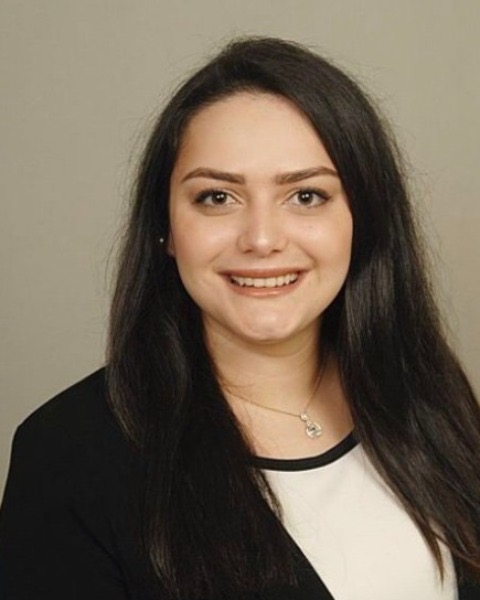Category: Education/Simulation
Poster Session IV
(1057) Characteristics of Funding for Maternal-Fetal Medicine Investigators in Obstetrics
To evaluate the difference in funding by the National Institutes of Health (NIH) related to obstetrics between maternal-fetal medicine (MFM) specialists and non-MFM principal investigators (PIs). When examining NIH funding, MFMs are a minority of all PIs. MFMs are awarded smaller amounts of funding within the field of obstetrical research than non-MFM PIs. MFM physicians primarily hold a clinical role, leaving less protected research time, which could be a possible cause of this difference. Despite this, differences in publications and productivity were not noted. As the field of academic MFM grows, it is important to investigate ways to increase funding of obstetrical research performed by MFM providers.
Study Design: This is a cross-sectional analysis performed in April 2022 examining all projects on the NIH-RePORTER website carrying the following tags: “obstetrics,” “maternal-fetal medicine,” and “perinatology.” Projects with all activity codes were included in the analysis. Variables relating to NIH funding were collected from the NIH Reporter Website. Demographic and academic productivity for PIs were abstracted from institutional websites, LinkedIn profiles, and the SCOPUS database. Statistical analysis included Chi-squared and independent t-tests with a significance value of p< 0.05.
Results: Amongst a total of 609 studies, 39 (6.4%) of PIs were MFM physicians. Non-MFM PIs included physicians from other specialties, midwives, nurses, PIs holding PhD, and masters degrees in science. MFM PIs had significantly lower average of current active NIH funding than their PIs from other specialties ($1,040,750 vs $4,812,368 p=0.03) as well as cumulative career-long funding ($22,499,894 vs $7,784,877 p=0.01). In addition, MFM PIs had on average a lower H-index than their non-MFM counterparts, however the difference was not statistically significant (23 vs 29 p=0.06). When examining time since training, MFM PIs were more likely to have a shorter time since the end of training than PIs from other training backgrounds (11 vs 18 years p< 0.01).
Conclusion:

Lama R. Noureddine, MD (she/her/hers)
Resident PGY4
Stony Brook Medicine
Stony Brook, New York, United States- JB
James Bernasko, MD
Stony Brook University Hospital
Stony Brook, New York, United States - KR
Kristin Riddle, MD
Rutgers New Jersey Medical School
Newark, New Jersey, United States - GL
Gabriella Lo Monaco, BS
Renaissance School of Medicine at Stony Brook University
Stony Brook, New York, United States - MF
Mishel Figueroa, MD
Rutgers New Jersey Medical School
Newark, New Jersey, United States - ES
Edwin Saliba, BA, MA
Independent Researcher
South Setauket, New York, United States .jpg)
Cassandra Heiselman, DO, MPH
Clinical Assistant Professor
Renaissance School of Medicine at Stony Brook University
Stony Brook, New York, United States

.png)
